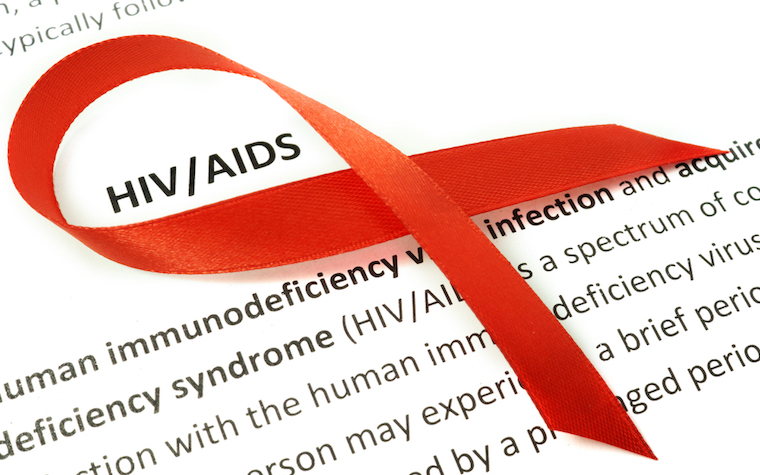
Breastfeeding mothers who have HIV infections but strong immune systems are able to stop HIV transmission to their infants by adhering to a three-drug antiretroviral regimen throughout their breastfeeding time.
These results, from a clinical trial in India and sub-Saharan Africa, are part of the Promoting Maternal and Infant Survival Everywhere (PROMISE) study. The National Institutes of Health (NIH) funded the study. PROMISE upholds the 2015 guidelines from the World Health Organization (WHO), supporting the goal of developing lifelong antiretroviral therapy for women who are pregnant or breastfeeding while living with HIV.
“These findings add to the considerable body of evidence confirming the benefits of antiretroviral therapy for every person living with HIV,” Dr. Anthony Fauci, director of NIH’s National Institute of Allergy and Infectious Diseases (NIAID), said. “Maternal antiretroviral therapy safely minimizes the threat of HIV transmission through breast milk while preserving the health advantages of breastfeeding, as the high infant survival in this study underscores.”
The scientists involved in the study discovered that the three-drug maternal antiretroviral therapy, as well as daily infant nevirapine, are both effective and safe for stopping HIV from transmitting through breastfeeding.
“The PROMISE team and the PROMISE mothers were gratified with the extremely low rates of infant infection and excellent infant survival with the use of maternal antiretroviral therapy,” Dr. Mary Fowler, protocol chair, said. “These results show the importance of mothers continuing to take antiretroviral therapy to reduce risk of mother-to-child transmission during breastfeeding.”